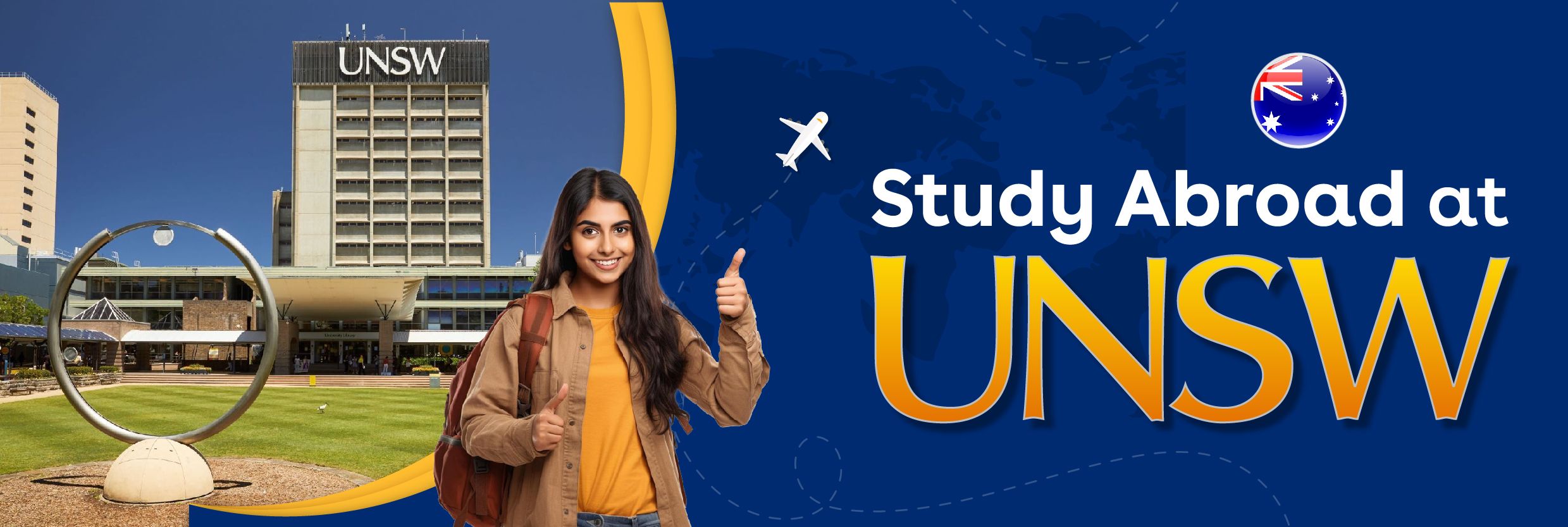Australia is widely recognised for having a top-notch educational system. The country is home to many top-rated colleges and educational institutions that provide a wide range of programmes and degrees in various fields. Australian degrees are recognised globally and are highly regarded by employers worldwide. Getting a degree from them can open up numerous career opportunities for international students who wish to study abroad. The University of New South Wales (UNSW) is among the prestigious universities in Australia recognised for its academic brilliance and best research facilities. With a long, illustrious history that dates back more than 70 years, UNSW has established itself as a national and international leading university.
UNSW is ranked 19th overall in the 2024 QS World University Rankings and ranked 47th globally for research impact and quality. According to the 2023 QS World University Rankings by Subject, UNSW is additionally ranked 16th globally for civil and structural engineering (1st in Australia), 21st globally for accounting and finance (1st in Australia), 13th globally for law (2nd in Australia), and 49th globally for engineering and technology (1st in Australia).
